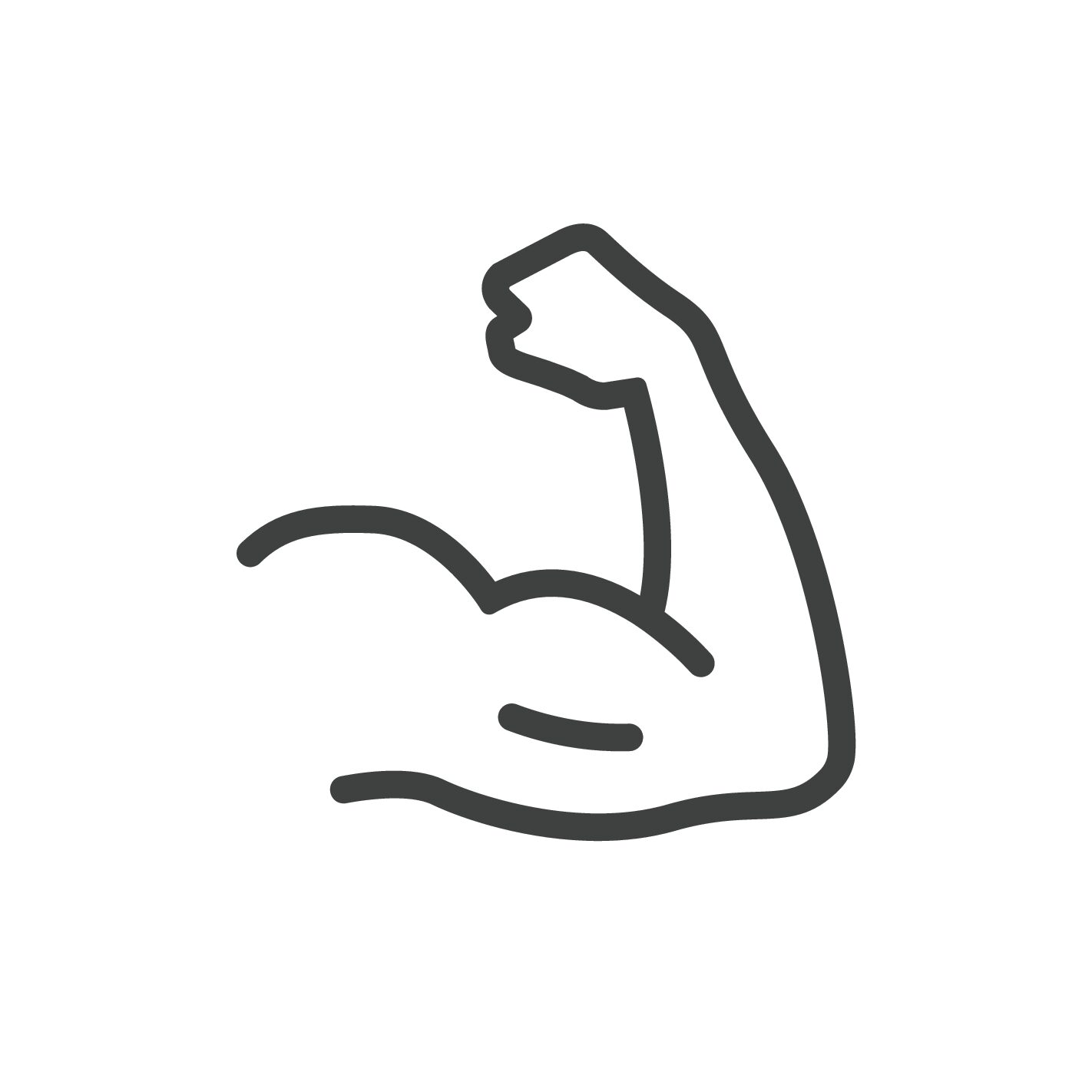
In the past, bed rest was often prescribed for a wide variety of health conditions. Beds are still the central focus of hospitals and are used to measure how large or prepared a hospital is.
But as more evidence emerges about the harmful effects of inactivity, movement and activity are being promoted as an essential part of healing.
Rest can be beneficial for restoring health and relieving traumatized tissues, and quality sleep is always crucial. Sometimes, the severity of an illness leaves no choice except bed rest.
However, it’s essential to be aware that nearly every part and system of the body quickly and progressively deteriorate during inactivity.
Use Your Muscles, or Lose Them
When you use your muscles, your cells are stimulated and strengthened. They form better connections with other cells, giving you increased functionality and mobility.
Your muscles are only as strong as they need to be for their regularly perform tasks. They get weak, atrophied, and rather quickly when you don’t use them.
With each week of total inactivity, there can be a 15% loss in muscle strength. The quickness of this process can be noticed in the morning stiffness that can result from just eight hours of regular sleep. With a little bit of stretching and range-of-motion exercise, that stiffness can usually be relieved.
If you spend days or weeks in bed, that muscular atrophy will persist and worsen. Not only your muscles but your bones and vital organs will also weaken and lose functionality.
Use Your Brain Cells, or Lose Them
Our brains continue to produce new neurons throughout our entire lives – thousands each day are added into your hippocampus (the part of your brain essential for memory and learning).
More new cells are produced when we exercise and engage in stimulating activities. Fewer are produced in response to stressful experiences, drug abuse, alcohol, and sleep deprivation.
Most of these new cells don’t survive for very long. Over half of them die within just a few weeks. For them to survive, they need to be used.
Just like our muscles, the more we use our brain cells, the stronger and more functional they become. The connections between these cells become stronger and more efficient, and the cells are better able to resist damage.
One of the most effective ways to prevent these cells from dying is through effortful and successful learning of challenging tasks. This persistent activation keeps them alive and functioning.
Stay Active to Stay Healthy
Even if you’re not able to do your usual activities, it’s crucial to find ways to stay active, physically and mentally. It doesn’t need to be anything strenuous – any exercise is better than none.
A little bit of activity can go a long way towards maintaining your health and preventing the harmful effects of inactivity.
Especially as we get older, it becomes increasingly important to keep our bodies and minds active. If you don’t use it, you’ll lose it.






















